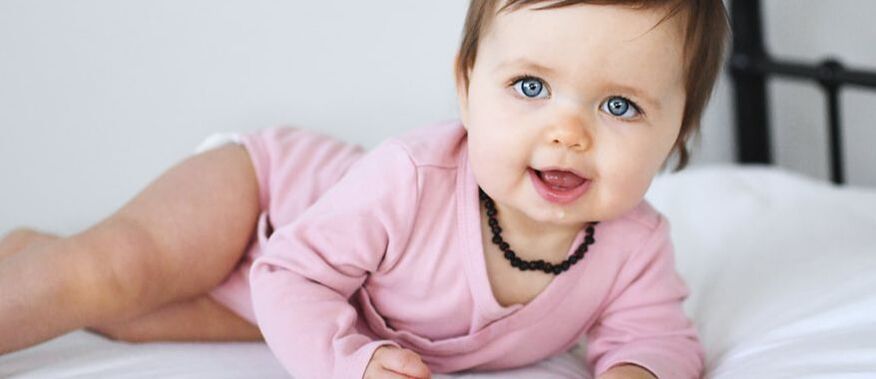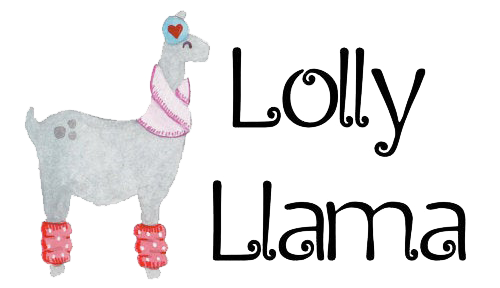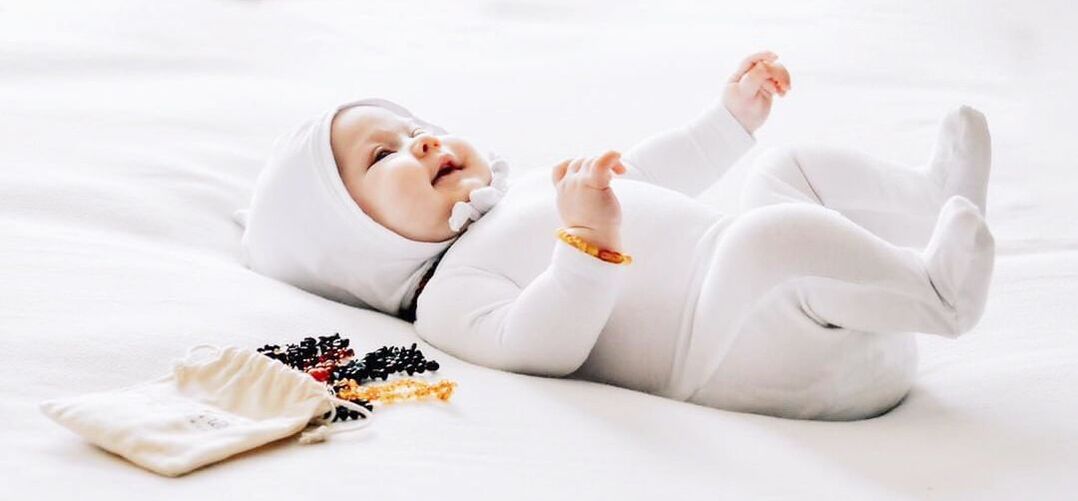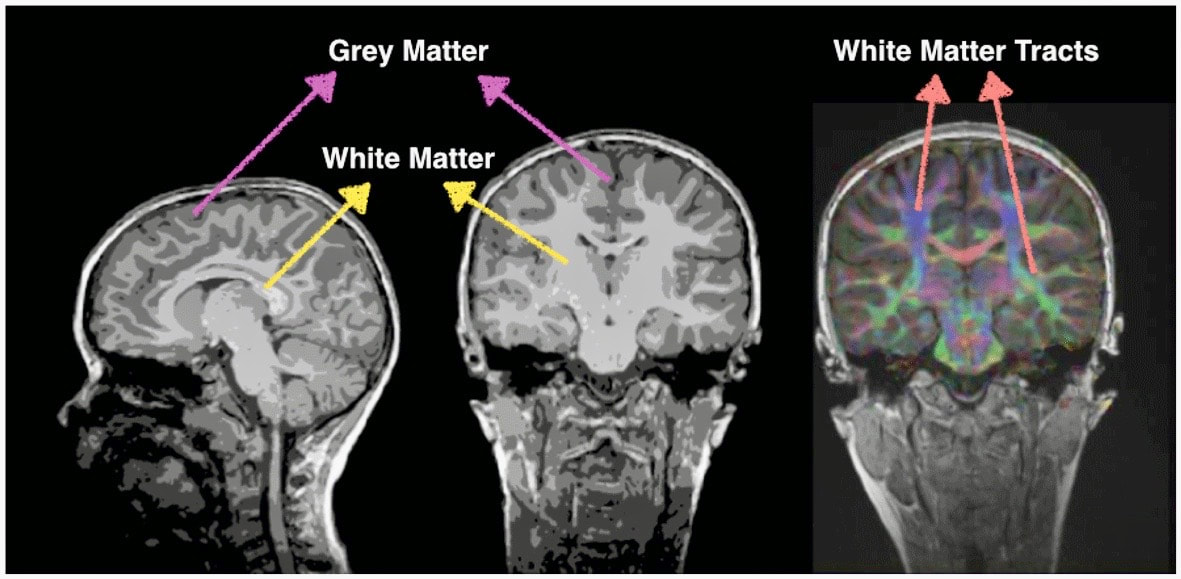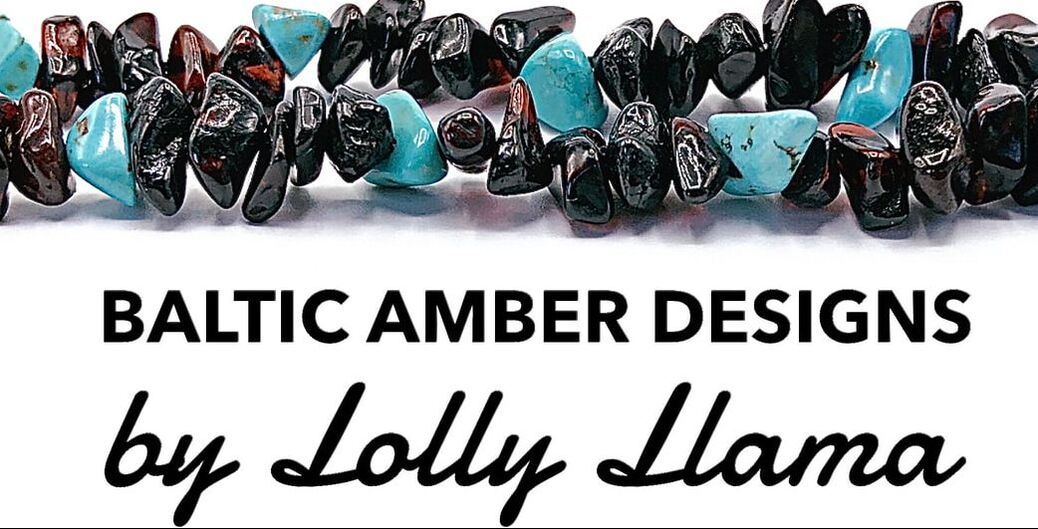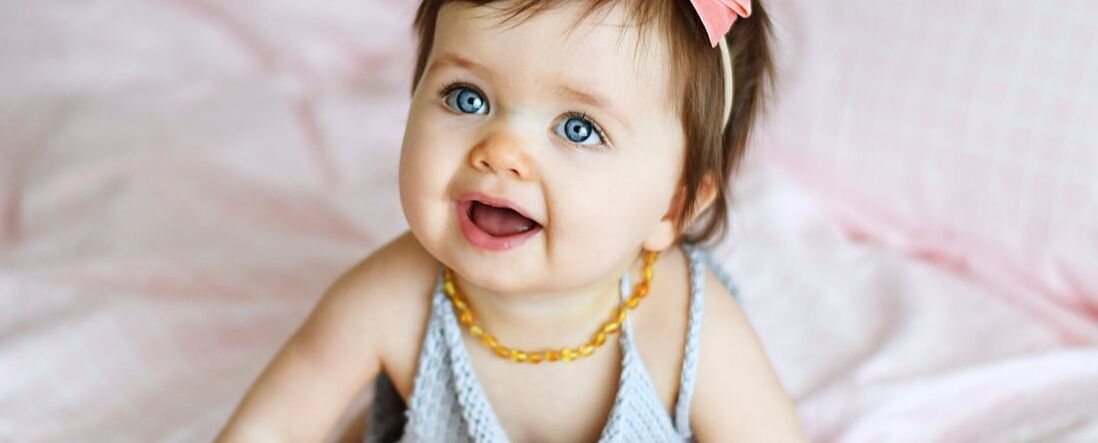
Is my Baby Teething?
1) Drooling
Teething stimulates drooling. If you notice regular drooling amounts suddenly turning into a pouring faucet, this is a big sign teething has begun. Throw on a bib to keep your baby dry and more comfortable (some babies go through several bibs a day). You should wipe your baby’s chin gently throughout the day to help prevent rashes.2) Biting
During teething, it is normal that babies try to put everything in their mouths. This acts as a reliever for the pain. Try a teething ring or chewy toy. A lot of parents love ones that you can put in the fridge. The cold ring can help reduce swollen gums. Some babies do not like the feel of the cold ring in their hands, so don’t buy a ton of them until you get to know your baby’s preference.3) Rashes Around The Mouth And Chin
If your baby is drooling, this may lead to redness, chapping, chafing, and rashes around his mouth and chin. When the drooling is severe, you may also find these on his neck. The best thing you can do here is to pat it away to prevent neck rash. You can also try to use a nursing cream to create a moisture barrier.4) Crying
While it varies from baby to baby, some babies tend to cry a lot more during this stage. After all, they are in pain, and that is their natural reaction. A lot of parents agree that the first teeth coming in tend to hurt the most. So, if your baby is getting his first tooth and he is crying a lot, this doesn’t necessarily mean that it will happen with all his teeth.5) Coughing
Since your baby may be drooling more than usual, he may not be able to handle all the saliva in his mouth. This can lead to coughing.
6) Refusing To Eat
It’s normal that babies refuse to eat when they are teething, even if they are already eating solid foods. The truth is that solid foods, bottle or even breast, can make them feel worse. So, they will tend to cry not only because of their gums hurt but also because they are hungry.
7) Irritability
Irritability is normal. The little tooth that is about to appear is pressing your baby’s gums and can put your little one in a grumpy mood.This affects some babies for just a couple of hours, but others can be irritated for days or even weeks until the tooth pushes through.
8) Cheek Rubbing And Ear Pulling
When your baby is teething, you may notice that he is rubbing his cheek or pulling his ear. This is normal since the cheek, ear, and gums share the same nerves. This is a natural reaction, and your baby is just trying to get some relief from the pain.
Click here to shop our designs:
www.amazon.com/lollyllama
